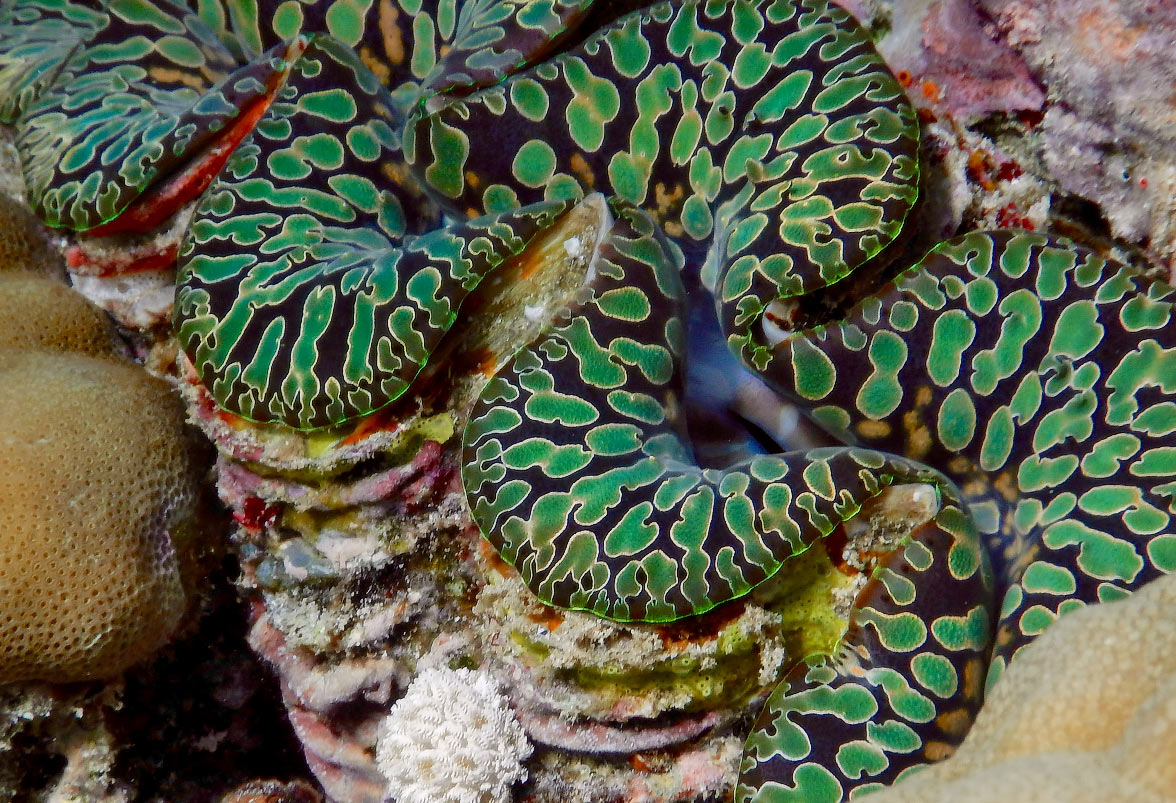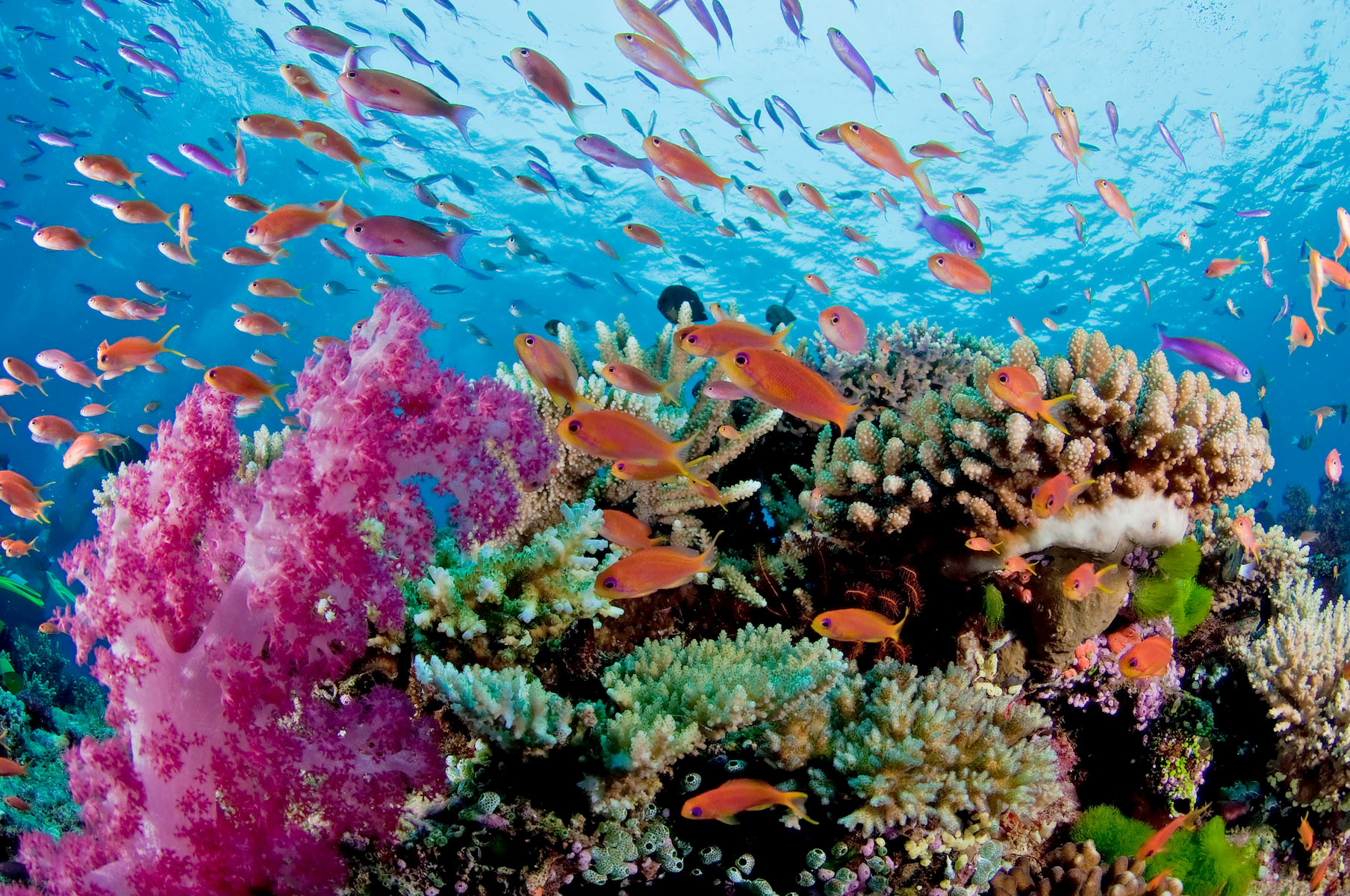Pacific island nations are being urged to ban sunscreens made with chemicals which are harmful to coral reefs. The call for action comes after Hawaii declared that such sunscreens will be banned from the US state by 2021.
The chemicals in question are oxybenzone and octinoxate. Recent research has found that they can damage the DNA of living organisms, including corals, even in tiny amounts. This can cause deformities and weakness, which make reefs more prone to catastrophic damage.
“The oxybenzone kind of acts like estrogen and it causes the coral to inappropriately encase itself in its own coral skeleton,” said Craig Downs, a forensic ecotoxicologist with the Haereticus Environmental Laboratory in the US. “Basically it puts itself in its own coffin.”
“I won’t let my children go into an outdoor public swimming pool because I know the levels of these sunscreen chemicals in the swimming pool and how dangerous they are just to humans,” he added.

Fiji are the early adopters
The Leleuvia Resort on a small island in Fiji’s east were among the first to respond to the publication of the research, banning the harmful sunscreens earlier this month. The resort manager, Colin Philip, said: “Tourists come to Fiji because of our pristine marine environment, so if we’re not doing as much as we can to protect that then we’re not protecting our tourism future.”
He said that guests are offered locally-made natural sunscreens as an alternative to the banned substances and are also strongly encouraged to wear long-sleeved shirts. He added that the response among visitors has been excellent, with a lot of support for the ban on social media.
Bigger fish to fry
Emma Newland, a science officer with the Pacific Community, is less enthusiastic about the ban, saying that there are much bigger concerns which need to be addressed to protect coral reefs.
“I guess for us the tourists numbers aren’t so big but we have more pressing issues, I think, more around agricultural runoff, deforestation and human and animal waste streams that are ultimately affecting our coral reefs,” she said.
The US Consumer Healthcare Products Association objected to Hawaii’s banning of sunscreens containing oxybenzone and octinoxate. They said that the study was flawed and that the ban will not address the real causes of coral decline.
“This irresponsible action will make it more difficult for families to protect themselves against the sun’s harmful ultraviolet rays, and it is contrary to the many concerns expressed by Hawaii’s medical doctors, dermatologists, and public health experts,” they said in a statement.
In spite of some pushback from sunscreen manufacturers, many are also beginning to remove the questionable chemicals from their products.
Footnote:
Contact Seal Superyachts Fiji for detailed information about cruising around Fiji, superyacht charter regulations and about how we can support your visit.
Principle agent Chase Smith is proud to have worked with many of the World’s largest Superyachts and has extensive knowledge of Fiji and the surrounding area.
Chase Smith
Phone: +679 999 6556
Email: fiji@seal-superyachts.com
